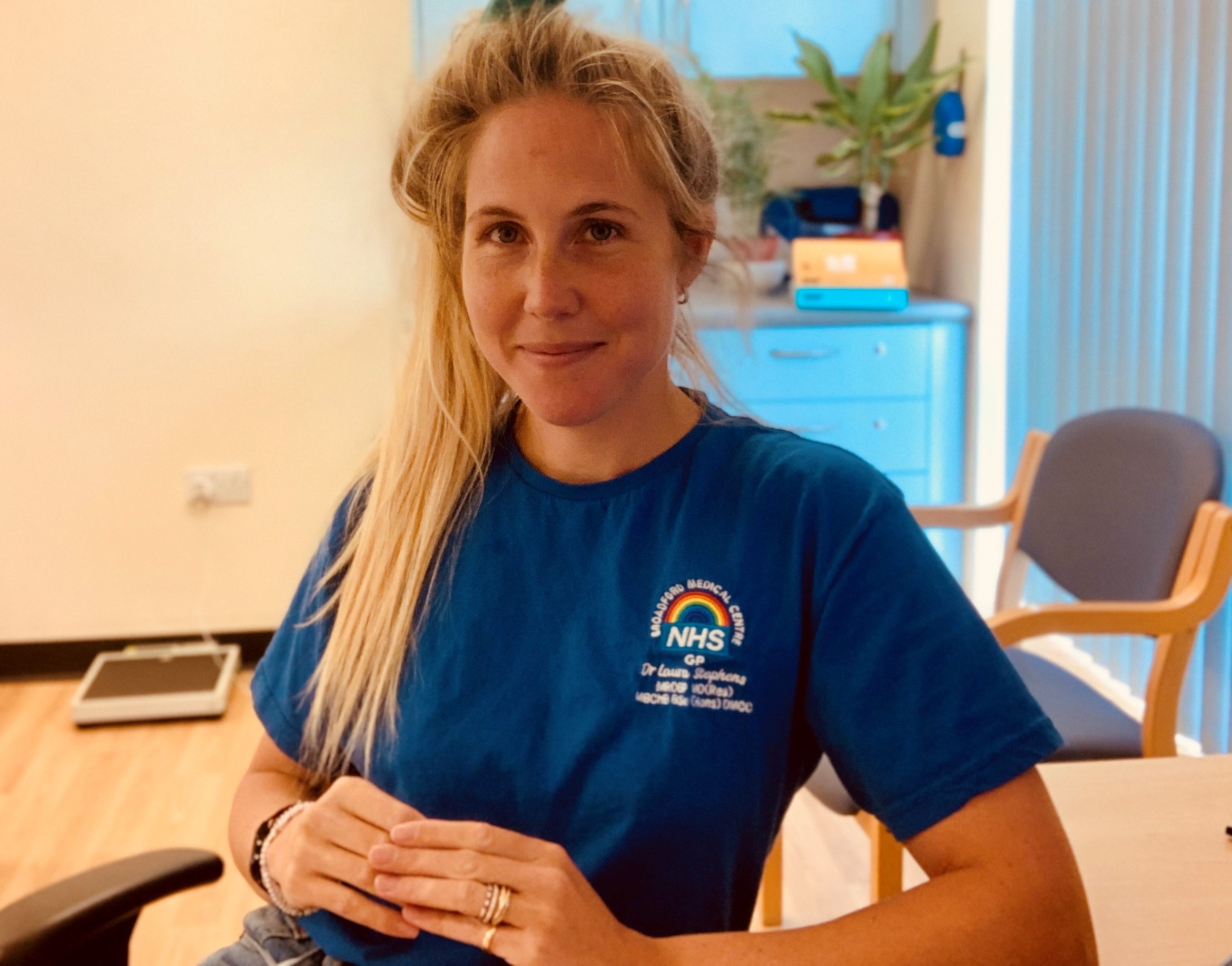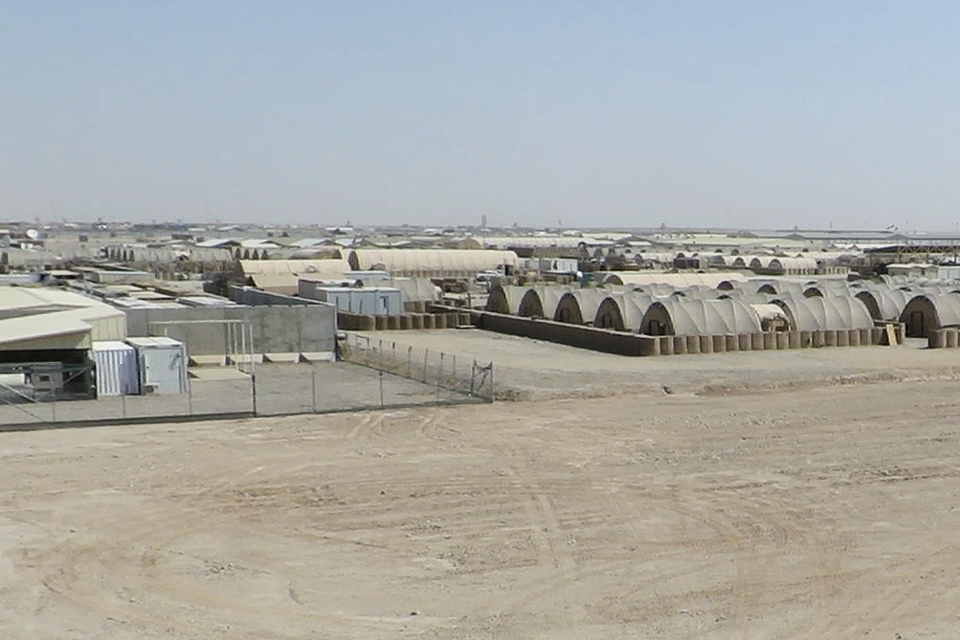
Groundbreaking research led by a University of St Andrews medic on the injuries sustained by civilian victims of blasts and ballistics incidents in Afghanistan could be key to providing standardised surgical responses to any future major trauma incidents, including acts of terror as well as the ongoing war in Ukraine.
Dr Laura Maitland, lead author of 'Analysis of 983 civilian blast and ballistic casualties and the generation of a template of injury burden: an observational study', used information from an observational study conducted at the UK-led military Medical Treatment Facility at Camp Bastion in Afghanistan which looked at original theatre log-book entries. This contained data gathered by surgical teams comprised of 10,891 surgical cases on military and civilian casualties of war.
Dr Maitland's work, published in The Lancet eClinicalMedicine, represents the first quantification of the immediate surgical response required to treat civilians injured by blasts and ballistic weapons in any modern conflict.
The research, which specifically looked at the care given to 983 civilians listed in the log-books and was funded in part by a grant from the University's School of Medicine, will allow medics to ascertain what care civilians affected by these types of injuries need through the creation of the first template of injury burden.

Dr Maitland said: "Terrorism and armed conflict cause blast and ballistic casualties that are unusual in civilian practice. The immediate surgical response to mass casualty events, with civilians injured by these mechanisms, has not been systematically characterised. Standardising an approach to reacting to these events is challenging but is essential to optimise preparation for them."
She added: "The primary aim of this study was to provide evidence to support clinicians to make decisions about the appropriate allocation of surgical resources for civilians injured in other armed conflicts, e.g., Ukraine, as well as MCE, where applicable.
"This study provides a baseline/starter dataset and if we collect more data from other scenarios then we can understand how the battle space environment, e.g., weapons and geography, influences the data. This study enables the best template of the most likely injuries civilians may suffer in war/terror acts from blast and ballistic wounding mechanisms, and the most probable consequent surgical interventions.
"These data can be used to better understand the immediate surgical response, to allocate resources, theatres and staff in major trauma events. These stratified frequency tables enable Emergency Preparedness, Resilience and Response planning for future acts of terror, industrial events and comparable conflicts using these wounding mechanisms."
Dr Maitland, who also works for NHS Highland, went on to say the research revealed patterns amongst those injured by blasts and ballistic weapons.
Dr Maitland was supported in her work by her supervisor Professor David Harrison, School of Medicine, University of St Andrews, co-senior author alongside Shehan Hettiaratchy, Imperial College, London. This work was supported by authors Lawrence Middleton; Harald Veen, Consultant, Netherlands Red Cross; and James Baden, University Hospitals Birmingham.
Category Research






